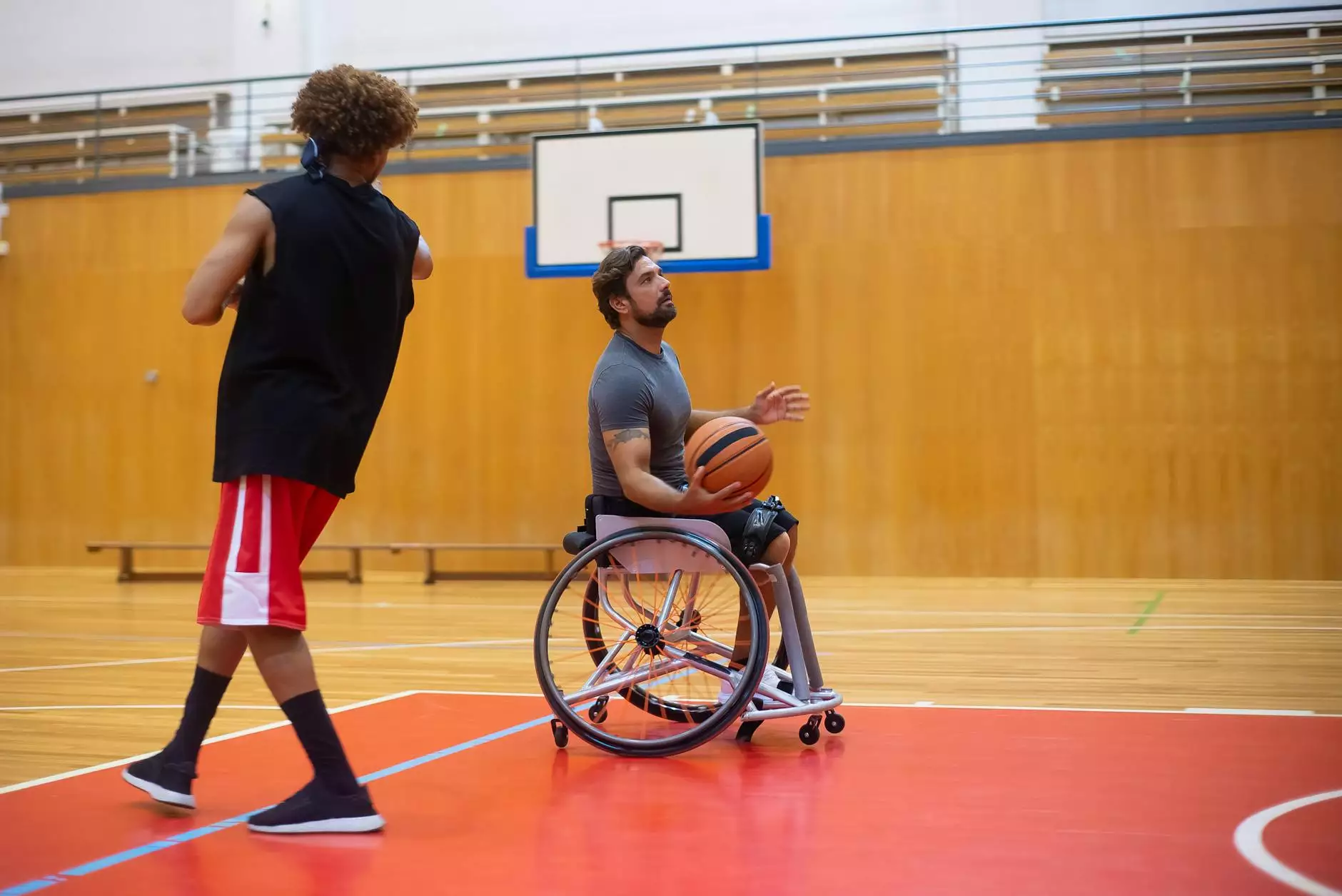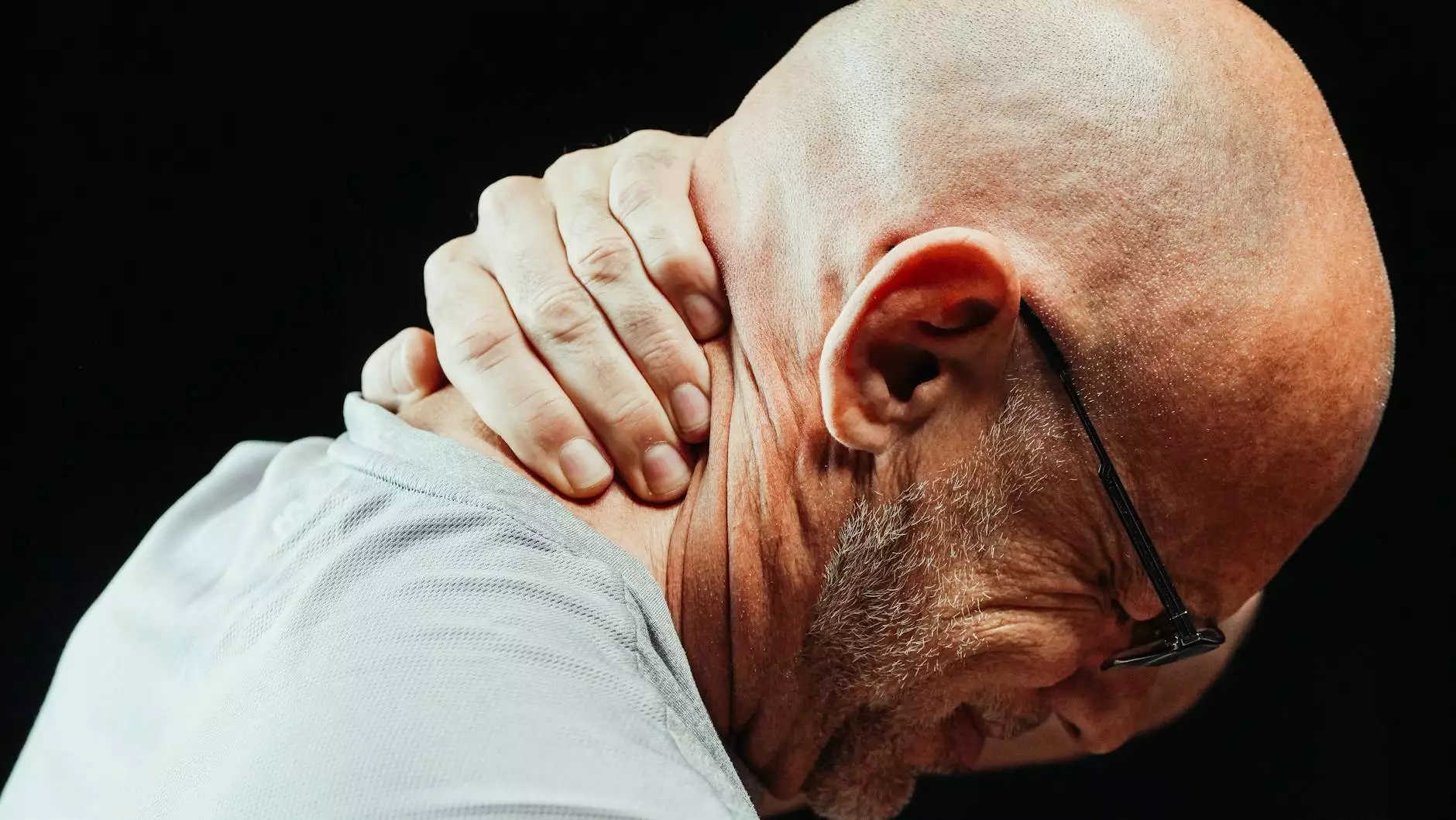The Ultimate Guide to 2nd Hand Shoes Wholesale: Unlocking Opportunities in the Used Shoes Market

In today's dynamic retail landscape, buying and selling used shoes has become a lucrative avenue for entrepreneurs and retailers seeking quality products at competitive prices. The *used shoes* industry offers numerous advantages, from sustainable practices to significant cost savings. At the heart of this thriving sector is the concept of 2nd hand shoes wholesale, which enables bulk purchasing, better profit margins, and access to a variety of styles and brands. This comprehensive guide aims to explore every facet of the 2nd hand shoes wholesale business, providing valuable insights and strategies, especially through reliable sources like msexpspzoo.com.
Understanding the Market for Used Shoes
The used shoes market has experienced exponential growth over the past decade, driven by increasing awareness of sustainability, rising costs of new footwear, and the global shift toward eco-conscious consumption. Consumers today are more willing to purchase pre-owned products that are still in excellent condition, especially in segments such as fashion, athletic wear, and even formal footwear.
The key drivers for the popularity of used shoes include:
- Cost-effectiveness: Buying used shoes significantly reduces expenses for consumers and retailers alike.
- Sustainability: Reusing footwear supports environmental conservation and reduces waste.
- Unique Styles: Vintage and rare shoes are highly sought after, fueling demand for preloved footwear.
- Variety and Availability: The used shoes market provides access to a broad range of brands and styles that are no longer in production.
- Higher Profit Margins: Retailers engaging in wholesale buying of used shoes can enjoy substantial profit margins by reselling at retail prices.
The Business Benefits of Engaging in 2nd Hand Shoes Wholesale
Choosing to venture into *2nd hand shoes wholesale* allows businesses to unlock numerous strategic benefits that can establish a competitive edge in the footwear industry:
Cost Savings and Higher Margins
Bulk purchases from repositories like msexpspzoo.com enable retailers to acquire shoes at significantly lower prices than retail. This cost-efficiency allows for attractive pricing strategies, enticing more customers while maintaining healthy profit margins.
Access to a Wide Range of Inventory
Wholesale suppliers typically offer vast inventories, including diverse styles, sizes, and brands. This variety caters to a broader customer base and fulfills niche demands like vintage, designer, or athletic footwear that appeals to different markets.
Reduced Inventory Risks
Since used shoes are often sourced from surplus, liquidation, or returns, wholesalers can minimize inventory risks, which are common in new product lines. This flexibility facilitates trend responsiveness and inventory turnover.
Eco-Friendly Business Model
Leveraging the reuse of footwear aligns with the global movement towards sustainable business practices. Promoting used shoes as an eco-conscious choice not only attracts environmentally aware customers but also enhances brand reputation.
How to Succeed in the 2nd Hand Shoes Wholesale Industry
Success in this niche combines strategic sourcing, quality control, effective marketing, and excellent customer service. Here are essential tips to excel in *2nd hand shoes wholesale*:
Partner with Reliable Wholesale Suppliers
Establish relationships with trusted and reputable suppliers such as msexpspzoo.com. Ensure they provide high-quality, thoroughly inspected shoes, with transparent sourcing and authentic documentation. Reliability in sourcing guarantees customer satisfaction and repeat business.
Implement Stringent Quality Control
Because used shoes vary in condition, developing strict quality standards is critical. Conduct thorough cleaning, repairs, and inspections to ensure each pair meets safety and aesthetic criteria—this builds trust with consumers and reduces return rates.
Develop a Niche or Specialty
While broad selection is advantageous, specializing in a specific category—such as vintage sneakers, luxury preloved brands, or formal footwear—can help differentiate your brand and cultivate a loyal customer base.
Pricing Strategies and Market Positioning
Set competitive prices based on condition, brand value, and market demand. Offering discounts for bulk purchases or loyalty programs can boost sales volume. Positioning your business as eco-friendly and cost-effective appeals to a broad demographic.
Effective Marketing and Online Presence
Leverage digital marketing channels including social media, SEO, and e-commerce platforms. Use high-quality photos, detailed descriptions, and customer reviews to enhance credibility. Content marketing focusing on sustainability, fashion tips, and product features can also attract organic traffic.
The Process of Sourcing 2nd Hand Shoes Wholesale
Understanding the sourcing process is fundamental to building a successful business:
Identify Reputable Wholesale Suppliers
Sources like msexpspzoo.com specialize in pre-owned footwear, offering a vast inventory aligned with industry standards. Ensure they provide detailed catalogs, flexible ordering terms, and quality assurance practices.
Evaluate Product Quality
Request samples or inspect inventory images closely. Check for signs of wear, material integrity, and cleanliness. High-quality used shoes with minimal wear are ideal for resale.
Logistics and Inventory Management
Coordinate shipping, customs, and storage. Efficient inventory management ensures timely fulfillment and keeps the supply chain smooth. Software tools can streamline stock tracking and order processing.
Maximizing Profitability in the Used Shoes Wholesale Business
Profitability hinges on smart pricing, effective marketing, and operational efficiency. Here are advanced strategies:
- Bundle Deals: Offer shoe packages to increase average order value.
- Seasonal Promotions: Align sales with seasons like back-to-school or holiday periods.
- Customer Loyalty Programs: Encourage repeat business with discounts or rewards for wholesale clients.
- Upselling and Cross-Selling: Promote complementary products such as shoelaces, insoles, or shoe care accessories.
- Build Brand Authority: Share success stories, customer testimonials, and expert reviews to establish credibility and attract high-value clients.
Sustainable and Ethical Considerations in Used Shoes Trading
Integrating sustainability into your business model enhances brand reputation and appeals to eco-conscious consumers. This involves:
- Transparent Sourcing: Clearly communicate product origins and refurbishment processes.
- Product Quality Assurance: Ensure all used shoes are safe, clean, and well-maintained.
- Environmental Impact: Highlight how your business reduces waste and promotes recycling.
- Community Engagement: Support local recycling initiatives or donate unsellable shoes to charity, reinforcing your ethical commitment.
Future Trends in the Used Shoes Wholesale Industry
The industry is poised for continued growth, driven by innovations and consumer preferences:
- Online Marketplaces and E-Commerce: Increasing shift to digital platforms for sourcing and selling used shoes.
- Design and Customization: Offering personalized refurbishing or upcycling services to add value.
- Brand Collaboration: Partnering with fashion brands for certified preloved collections.
- Technological Integration: Using AI and data analytics for inventory optimization and customer targeting.
- Certification and Authenticity: Providing guarantees to assure customers of quality and legitimacy, boosting confidence in used products.
Final Thoughts: Embrace the Potential of 2nd Hand Shoes Wholesale
The *used shoes* industry, especially through the *2nd hand shoes wholesale* model, offers an immense opportunity for entrepreneurs willing to adapt, innovate, and commit to quality. Sourcing from reputable suppliers like msexpspzoo.com ensures access to high-quality inventory, paving the way for a successful resale business.
By prioritizing sustainability, offering diverse and high-demand products, and executing strategic marketing, your business can thrive in this expanding market. The future of used shoes is bright; seize the opportunity now to carve out your niche and build a reputable brand that benefits customers and the environment alike.







